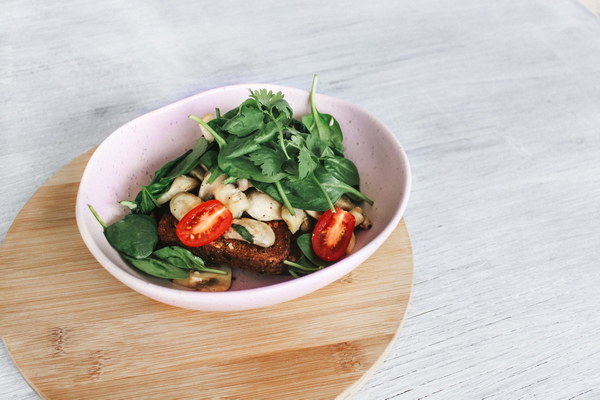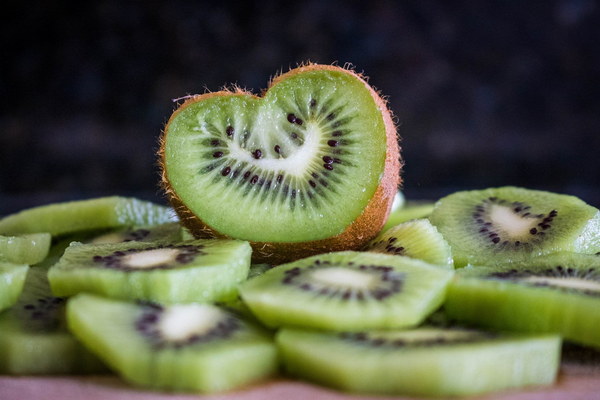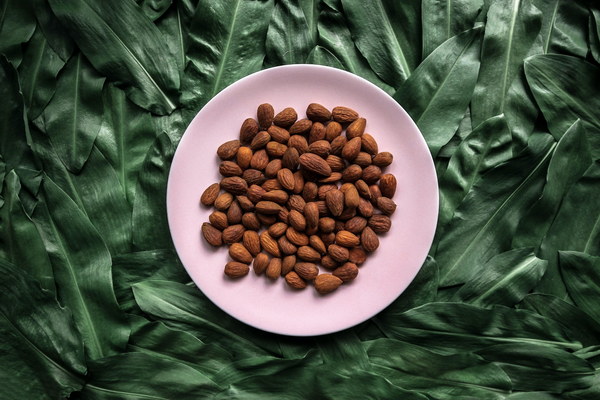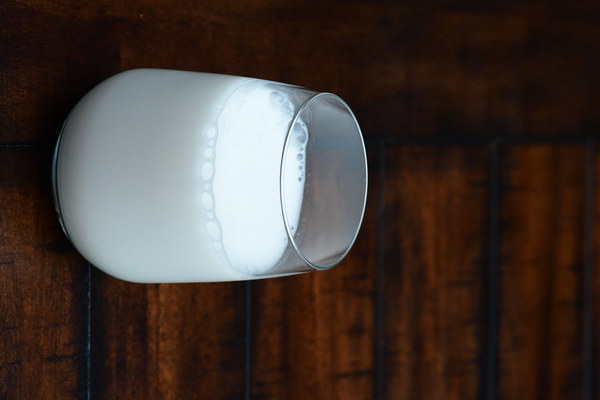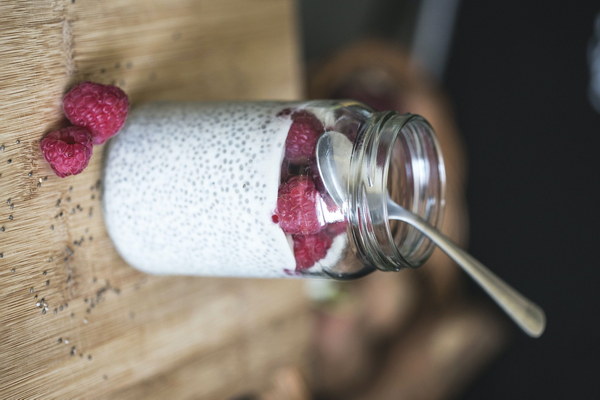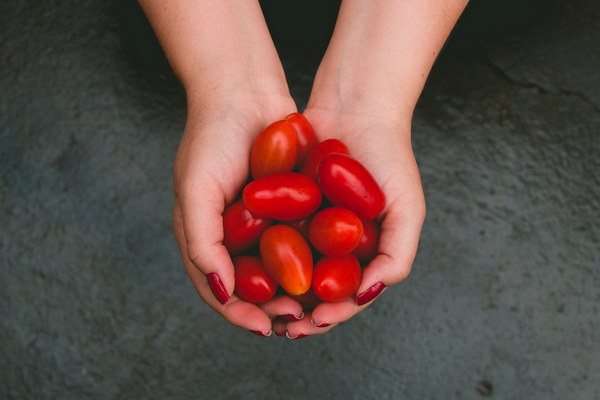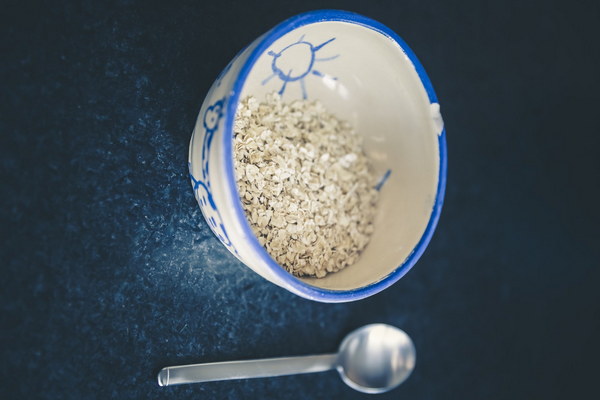Winter Wellness A Comprehensive Guide to Winter Tonifying Practices
Winter, with its crisp air and cozy fires, is the season when our bodies require extra care and nourishment. Traditional wisdom suggests that the cold weather can deplete our energy and weaken our immune system. To combat these effects, adopting winter tonifying practices is essential. This comprehensive guide explores a variety of winter tonifying methods, from dietary adjustments to herbal remedies and lifestyle changes.
Understanding Winter Tonification
Tonification, or Bu Yang in Chinese medicine, is the practice of strengthening the body's internal energy, or Qi, to prevent illness and enhance overall well-being. Winter tonification focuses on nourishing the body's Yin energy, which is thought to be at its lowest during the coldest months. By following these practices, you can support your body's natural defenses and enjoy a healthier winter season.
Dietary Adjustments
A key component of winter tonification is adjusting your diet to include foods that are warming and nourishing. Here are some winter-friendly foods to incorporate into your meals:
1. Root Vegetables: Carrots, beets, turnips, and sweet potatoes are rich in vitamins and minerals and help to warm the body from the inside out.
2. Nuts and Seeds: Almonds, walnuts, chia seeds, and flaxseeds are packed with omega-3 fatty acids and protein, which are beneficial for boosting immunity.
3. Warm Spices: Cinnamon, ginger, turmeric, and black pepper are warming spices that can be added to soups, stews, and teas to stimulate circulation and digestion.
4. Seafood: Fish like salmon and mackerel are high in omega-3 fatty acids and vitamin D, both of which support the immune system.
5. Herbs and Mushrooms: Herbs like echinacea and mushrooms such as reishi and shiitake are known for their immune-boosting properties.
Herbal Remedies
Herbal remedies have been used for centuries to support winter tonification. Some popular herbs include:
1. Echinacea: A well-known immune booster, echinacea can be taken in supplement form or as a tea.
2. Ginseng: Known for its energy-boosting properties, ginseng is often used to improve overall vitality and well-being.
3. Ashwagandha: This herb helps to reduce stress and anxiety while supporting the adrenal glands.

4. Astragalus: An adaptogenic herb that strengthens the immune system and improves overall health.
Lifestyle Changes
In addition to dietary and herbal practices, adopting certain lifestyle changes can further enhance winter tonification:
1. Regular Exercise: Engage in moderate exercise, such as walking, yoga, or tai chi, to keep your body warm and your circulation flowing.
2. Adequate Sleep: Ensure you're getting enough sleep to allow your body to rest and rejuvenate.
3. Stress Management: Practice stress-reducing techniques like meditation, deep breathing exercises, or spending time in nature.
4. Hydration: Even in cold weather, it's important to stay hydrated. Drink plenty of warm fluids like herbal teas or broths.
Conclusion
Winter tonification is a holistic approach to maintaining health and vitality during the coldest months. By incorporating a balanced diet, herbal remedies, and positive lifestyle changes, you can support your body's natural defenses and enjoy a more comfortable and energetic winter season. Remember, these practices are not only beneficial during the winter but can also improve your overall health year-round.
This article provides a concise overview of winter tonification practices, covering dietary adjustments, herbal remedies, and lifestyle changes. It's designed to be informative and actionable, offering readers a starting point for their own winter wellness journey.

